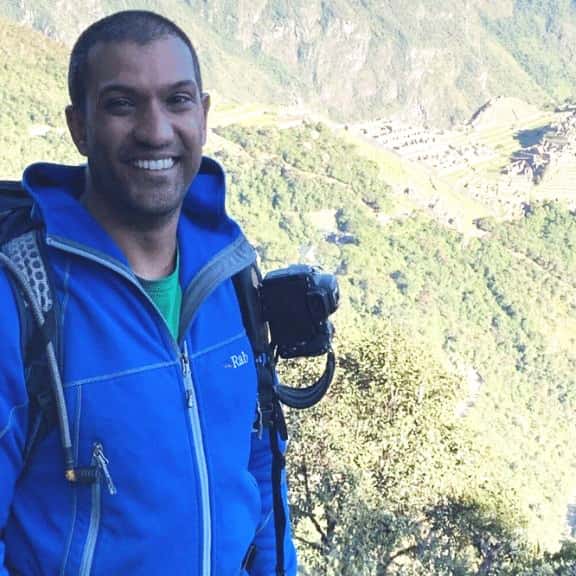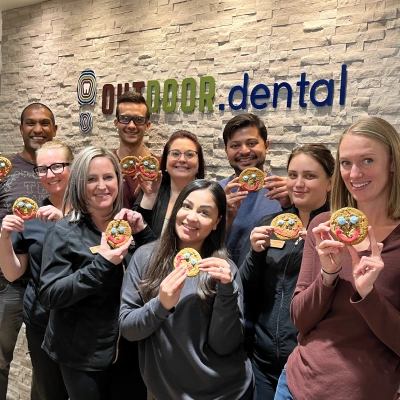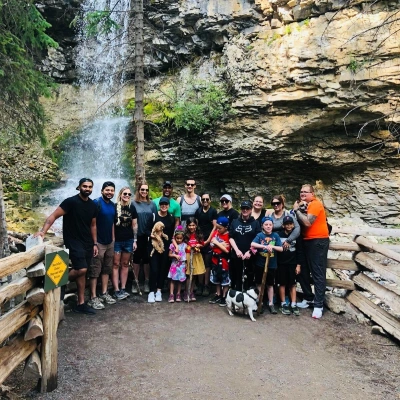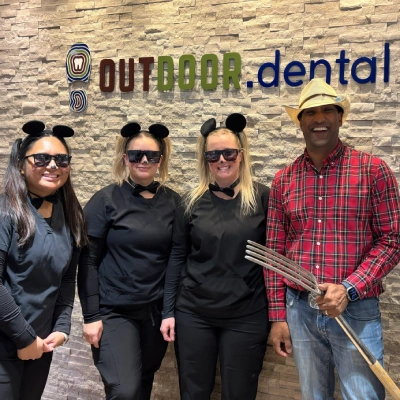Losing teeth can be a scary thought for many kids, but it’s a natural part of growing up. It can be a scary thought for you as a parent too, as it may feel like it was just yesterday those teeth were growing in! But no one’s alone in this exciting milestone, and your dentist is here to help you on this journey.
Children typically start losing their teeth between the ages of 6–8, but every child is different. While baby teeth may seem like they’re just there to be placeholders for adult teeth, they play an important role in a child’s overall oral health.
When Do Baby Teeth Fall Out?
Children typically develop 20 baby teeth, which usually finish emerging around age 3. Once a child’s jaw has grown enough to accommodate the 28 adult teeth, the roots of the baby teeth start to dissolve and the teeth become loose. This usually starts happening naturally around 6–8 years old. The permanent teeth then begin to push up and emerge, or “erupt,” causing the baby teeth to fall out.
This is a general timeline, of course. Brushing habits, genetics, and even taking a hard knock while playing sports can affect how soon a tooth falls out. And once a baby tooth is gone, it’s gone for good. On to the adult teeth!
Losing baby teeth is a gradual process, and it may take several years for your child to lose all of their baby teeth. The front teeth are usually the first to go before the process works its way back to the molars. While the timeline for losing teeth can vary, most kids have lost all their baby teeth by age 12.
What If My Child’s Tooth Doesn’t Fall Out?
One reason why baby teeth don’t fall out is because the roots of the baby teeth aren’t being dissolved by the permanent teeth underneath. This means it may take longer than average for the tooth to fall out. And that’s fine! Baby teeth have their own timeline.
If you notice your child’s tooth isn’t becoming loose or seems to be severely deviating from the usual pattern, such as becoming loose after an injury, contact your dentist. Many times it’s nothing major, but we can monitor your child’s teeth for concerns just in case.
What Should I Do with a Loose Tooth?
Losing a baby tooth is a significant moment in childhood. It symbolizes growing up and becoming a big kid. So, the first step is not to panic—that goes for you parents too!
We all know those old gags where someone ties a string to something like a door and yanks the tooth out. You may be surprised to hear that TV shows aren’t the best source of dental advice. Don’t do this. The baby tooth’s root is slowly dissolving, but even then it’s still hanging onto the gums.
Instead, your child can wiggle the tooth gently with their tongue or clean hands. This may help loosen the tooth so it can to fall out on its own naturally. Tugging on the tooth or twisting it too hard might be painful and potentially dangerous, so no strings or doors. There’s no need to rush the process.
You can help your child by:
- Advising them to avoid hard and sticky foods: Eating hard and sticky foods like candy and popcorn can aggravate the tooth and result in extra pain. Stick with softer foods like applesauce, yogurt, and soft apples.
- Offering cold and soft foods: Cold and soft foods can numb and soothe the area where the tooth is loosened. You could give your child a popsicle or smoothie, though watch out for sugar content. Just be sure the food isn’t too cold, as too extreme a temperature can cause discomfort and make the situation worse.
- Celebrating the moment: Losing a baby tooth is a significant milestone, so take a moment to celebrate it! Letting your child know that you’re proud of them and that this is a huge accomplishment can make their day—and help everyone get through the remaining 19 baby teeth.
After a Tooth Falls Out
There tends to be little blood when a baby tooth falls out naturally. The first thing you want to do is to get your child to rinse out their mouth by swishing around some warm salt water. This helps clean out the empty socket and reduce the risk of infection. You can also use a soft, sterile piece of gauze.
Since losing a tooth can be a bit traumatic, it’s important to reassure your child that everything is perfectly normal, and they’re not sick or injured in any way.
Some children may need a bit of topical anesthetic to help manage the initial pain or discomfort. If the socket appears swollen, as can happen with aggressive wiggling, you could use a dose of children’s ibuprofen to limit inflammation. If you notice excessive bleeding or if the swelling persists, contact your dentist.
Family Dentistry for Every Milestone
Losing a baby tooth can seem daunting for everyone involved, but we’ve all been through it. Your child has you to rely on, and you have us! At Outdoor Dental, we know what it takes to care for baby teeth through the transition to permanent teeth. And just because baby teeth are temporary, doesn’t mean you shouldn’t care for them at the same level.
We’re here to make this transition smoother. So book your next exam and cleaning today, and make us a part of your dental health journey!























